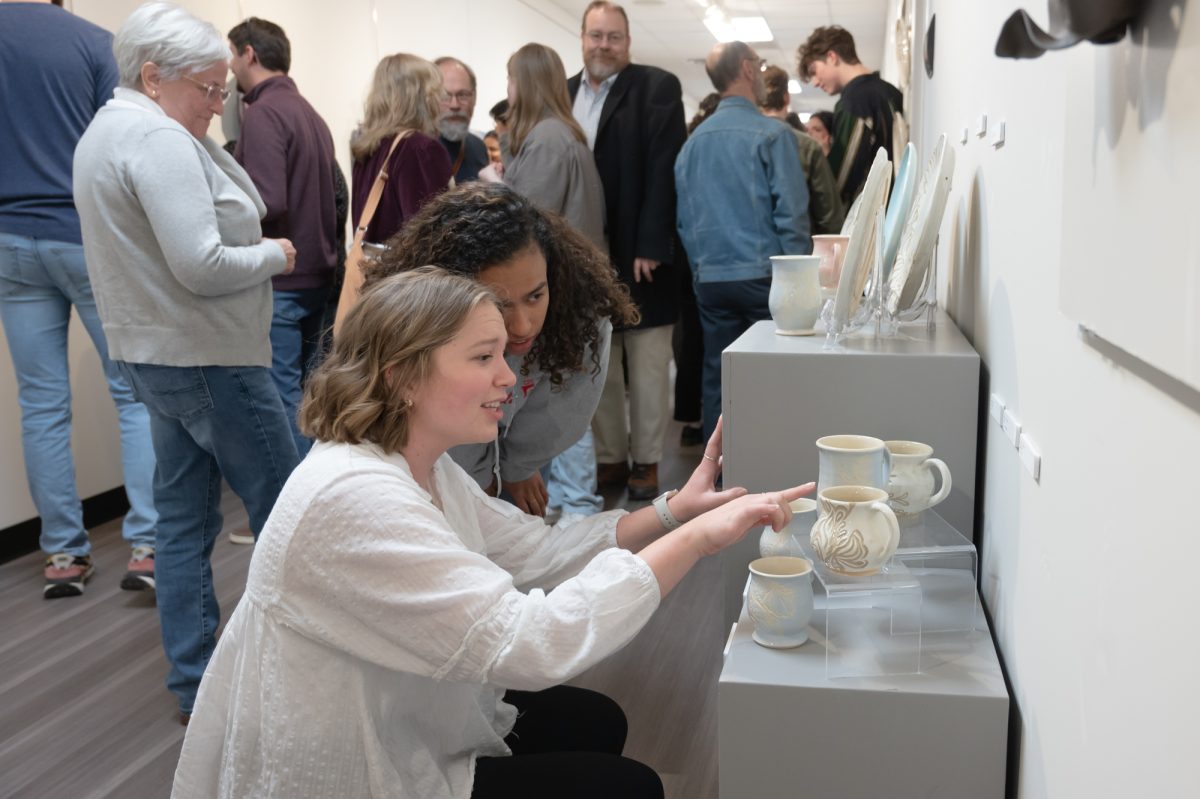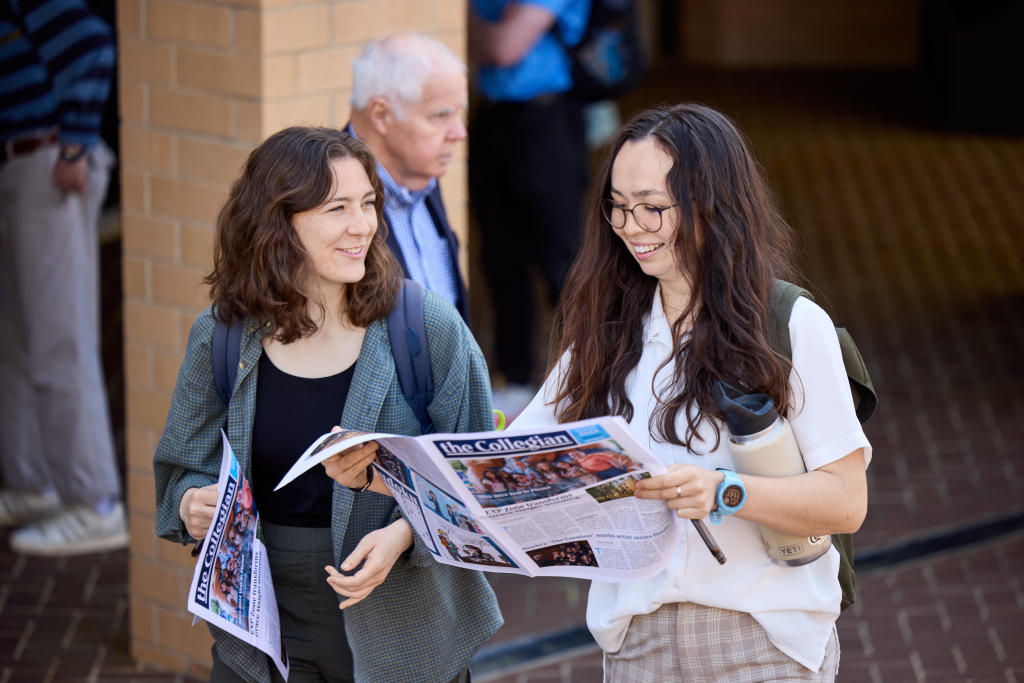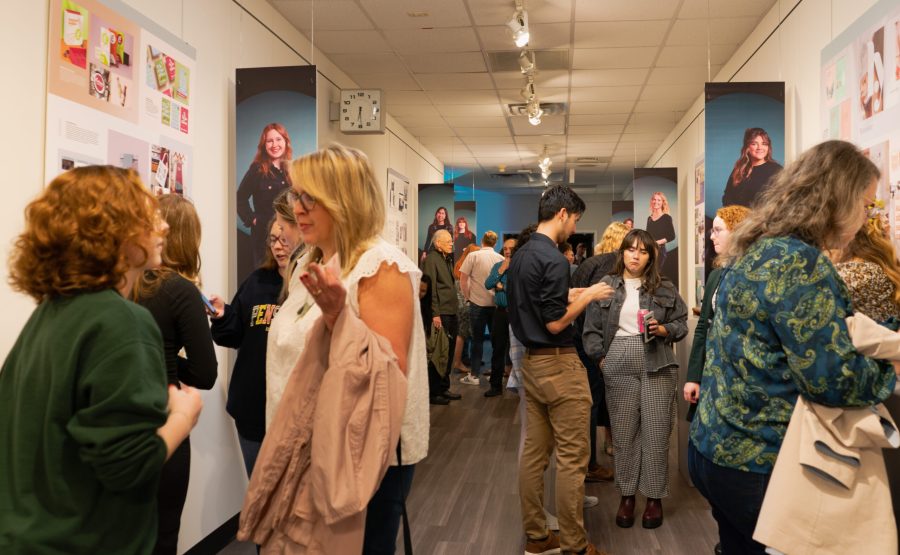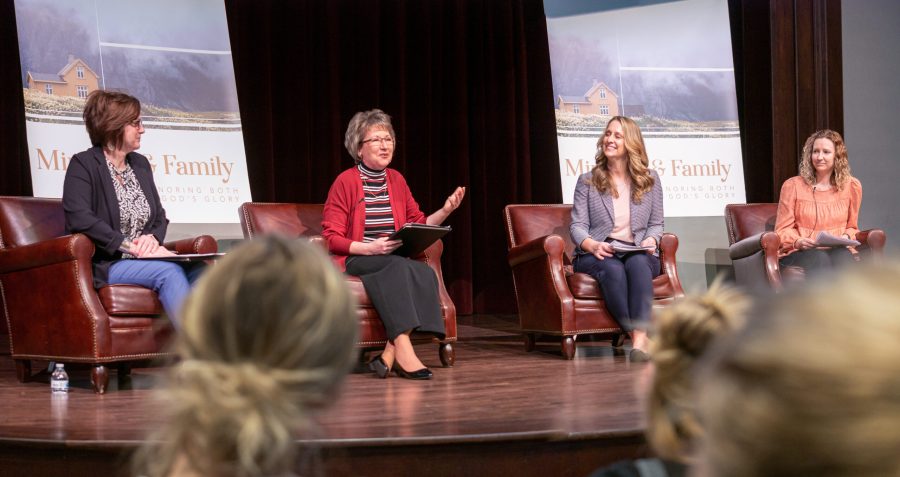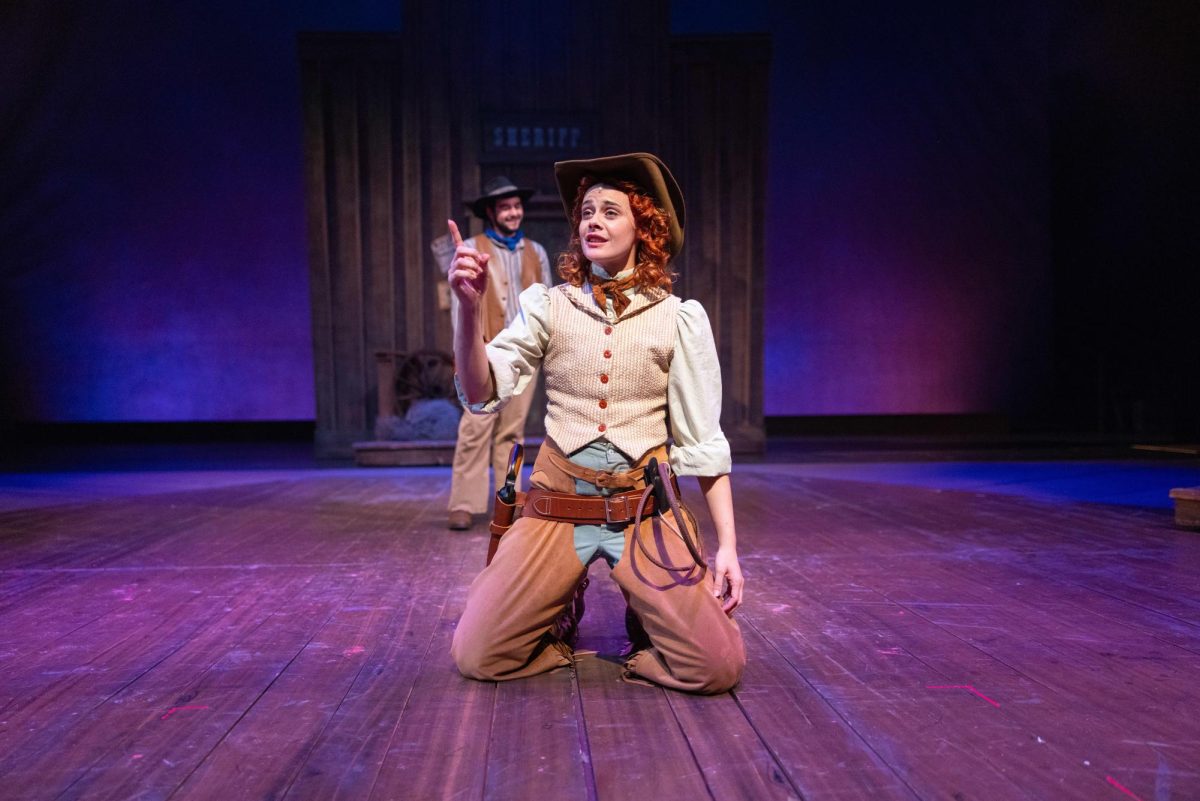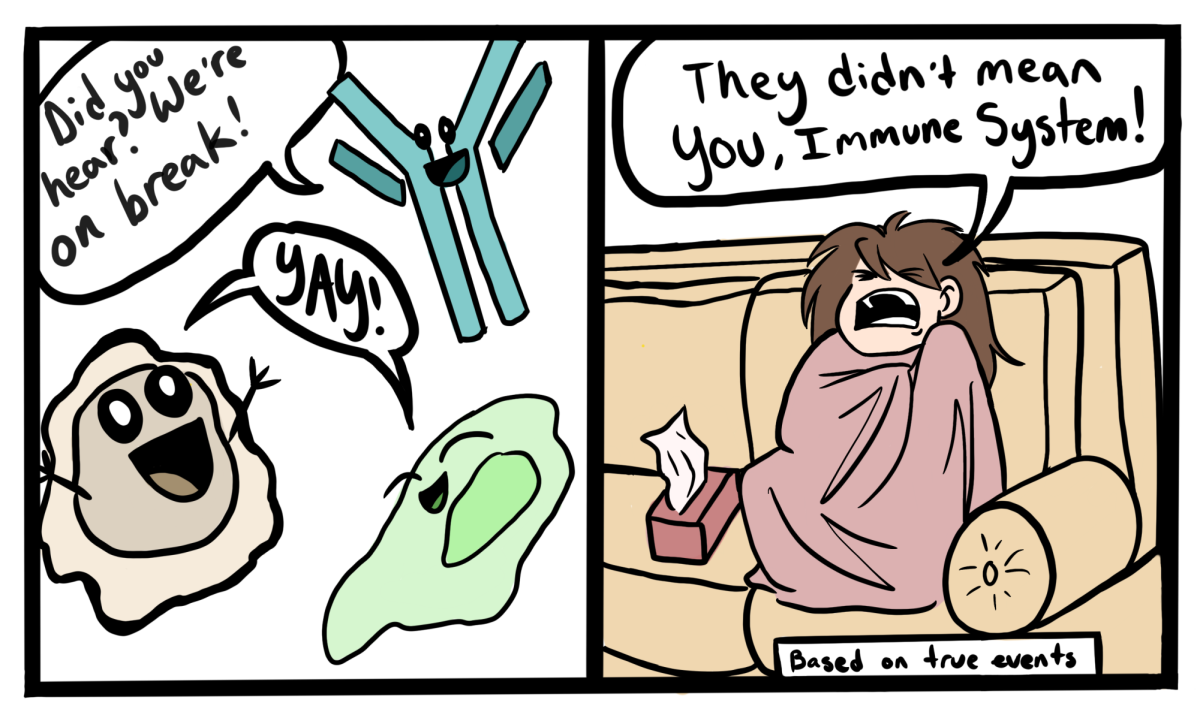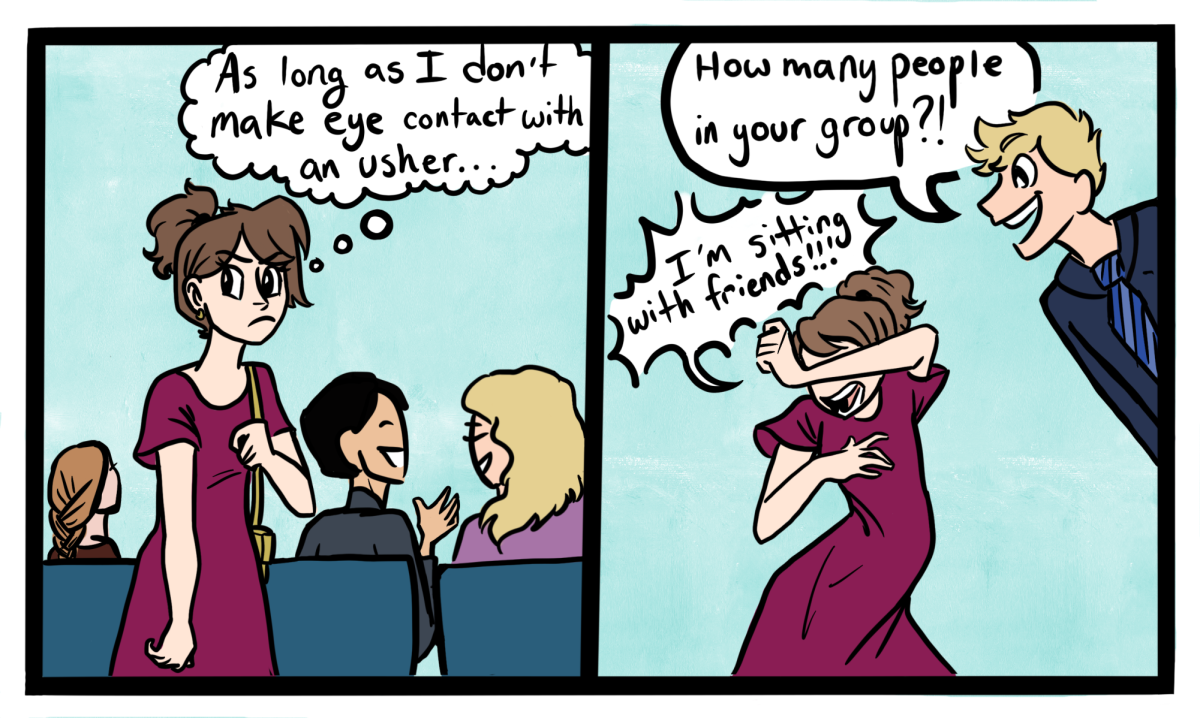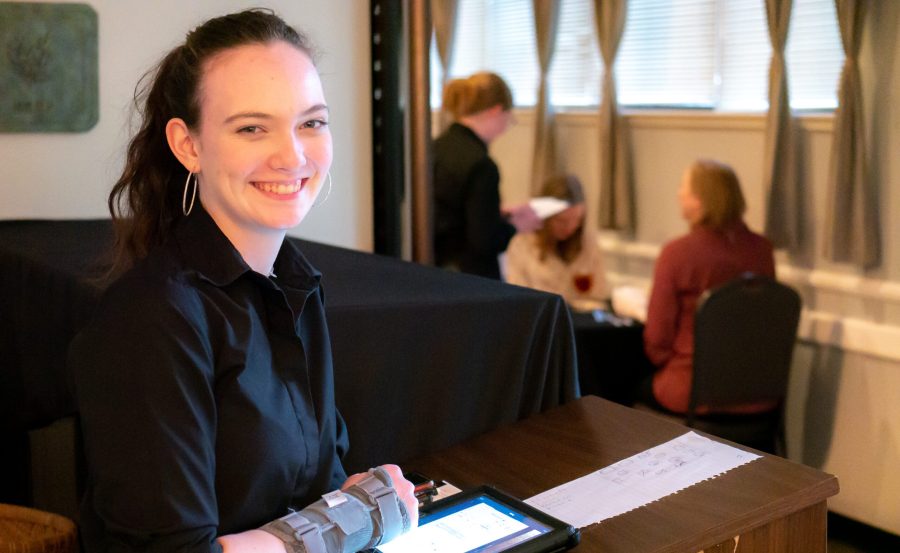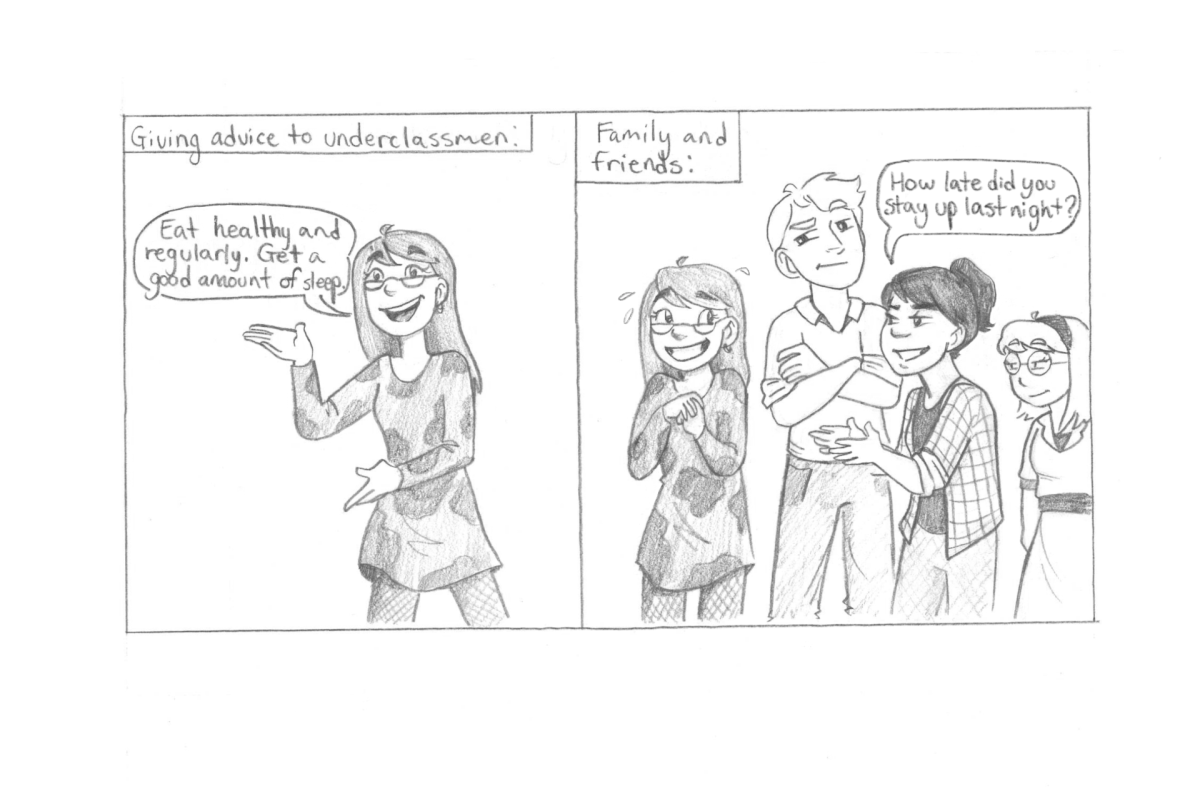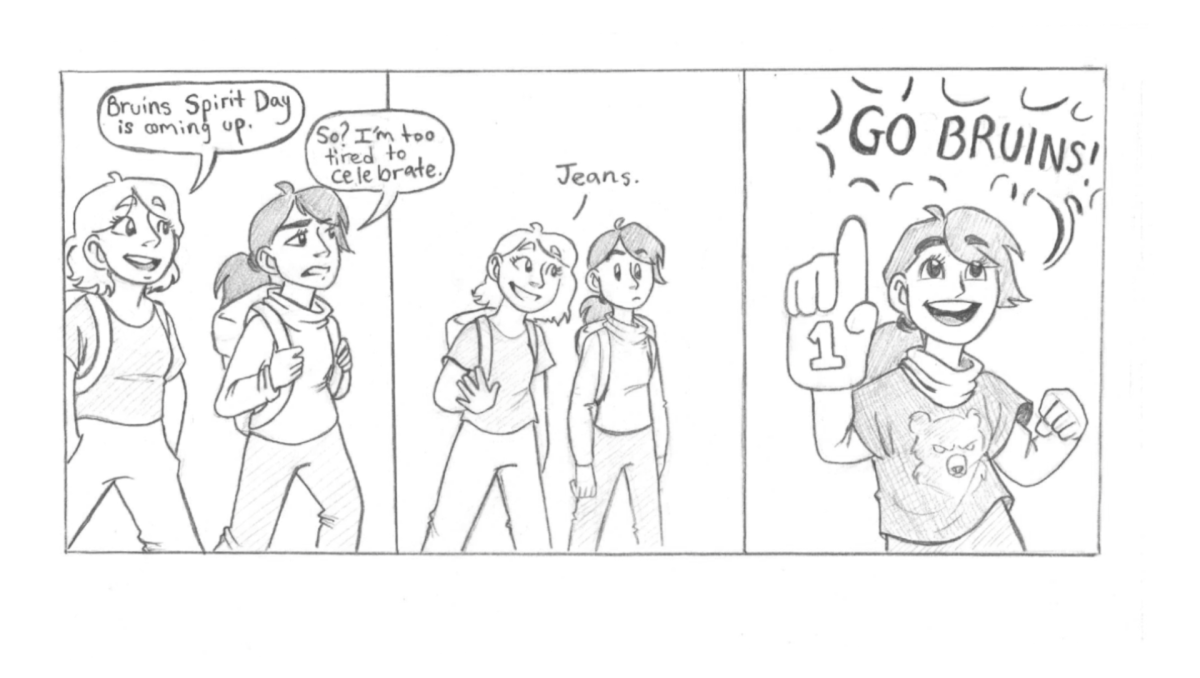Every time I experience a story, it changes me. Whether the medium is a film or book, play or music album, all media tells a story, either explicitly or implicitly.
Our lives are also stories. The way we choose to present ourselves to other people, the things that happen to us and what we choose to do with those things (good or bad) all work together to make up the story of who we are as individuals.
Every experience is also a story, and we need to start consciously listening to the stories that we come across in our lives.
Despite their pervasiveness, stories matter. Just because we see them constantly and consistently does not mean that their value is cheapened because they are familiar to us.
They may be even more influential because we live and breathe them. Stories are important because they affect us. In traditional storytelling formats, such as books and movies, the way stories affect us is more obvious.
In one of my favorite movies, Pixar’s Coco, the main character Miguel dreams of becoming a famous musician.
The audience relates to this character and his experience because we all have dreams, and we as the audience connect to that universal experience.
Another example of this can be found in the novella The Old Man and the Sea, written by Ernest Hemingway.
The protagonist is a fisherman named Santiago who hasn’t caught a fish in a long time. He dreams of regaining his dignity by catching a great fish after having endured the mockery of the locals for so long.
That makes both these stories great is their universality. We have all had dreams of achieving greatness in some capacity. We have all felt that we had to prove ourselves in something, whether the outside pressure from those around us was real or imagined. And we relate to the characters, becoming invested in the outcomes of their actions.
Because we become so easily invested in stories and narratives, we need to make sure that we are aware of what they are saying to us and how we are responding to those messages.
My point is not that we should never listen to stories or people who tell us wrong things. What I’m saying is that we need to be aware of those messages so we can better interact with the narratives they are attached to.
We can do this by thinking about the messages behind the stories we are consuming and by recognizing what the creators of those stories are saying. Once we recognize the ideas being communicated to us, then we can analyze if those ideas are valuable or not.
Because we become so easily invested in stories and narratives, we need to make sure that we are aware of what they are saying to us and how we are responding to those messages. — Erin del Toro
One of my cinema professors, Christopher Zydowicz, told us in class a few weeks ago that in learning to create great stories that have meaning, we are learning to “rise above the noise.”
I think this applies not only to the creation of stories but also to the interpretation of stories.
There’s a lot of noise in life and media. When we recognize the beliefs of the people behind stories and evaluate them, we learn to rise above the noise of accepting every ideology that comes our way.
We also learn how to be better stewards of our minds, cultivating a mindset of critical thinking that protects us from our naivete and the bad ideas of others.

